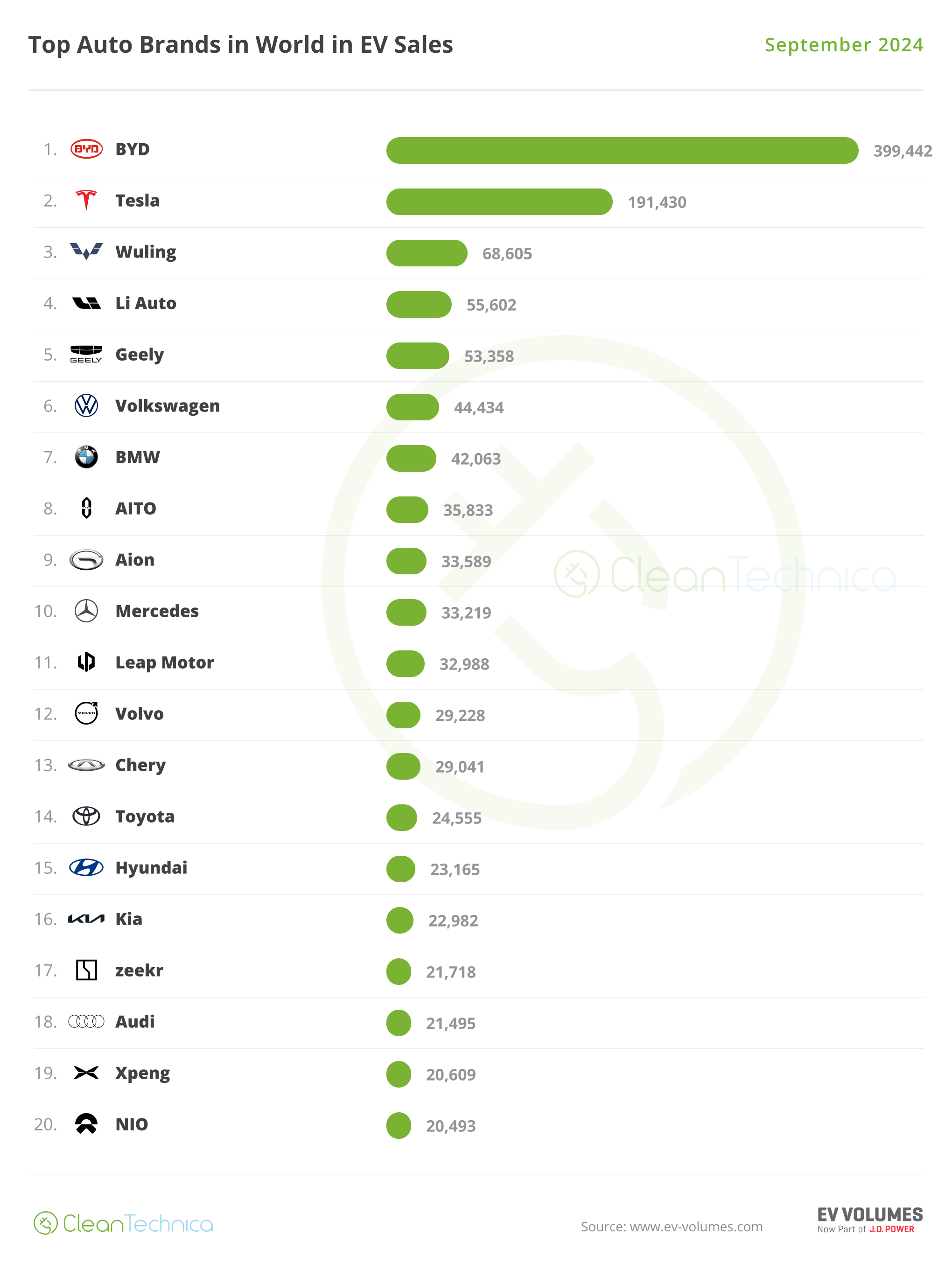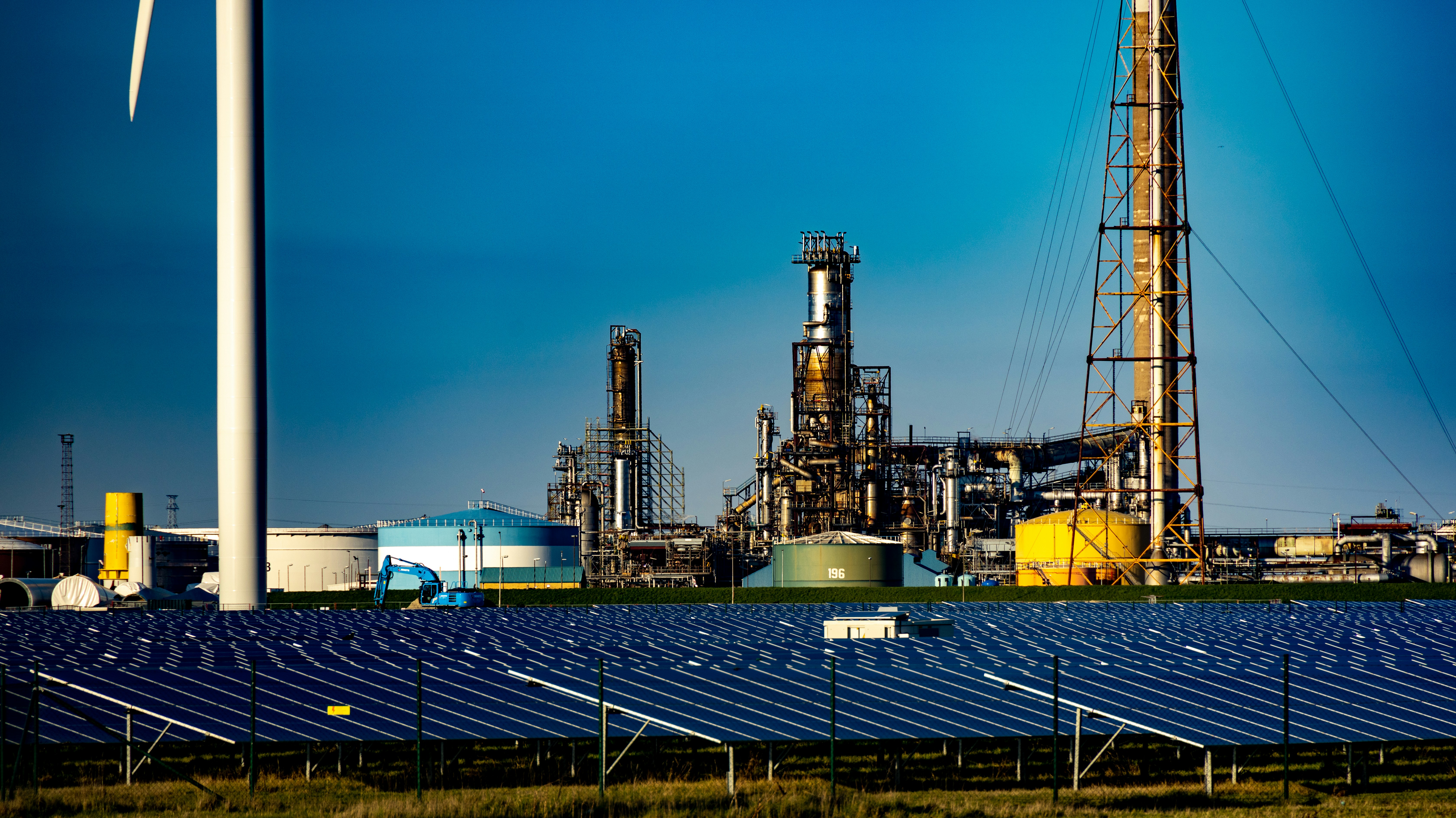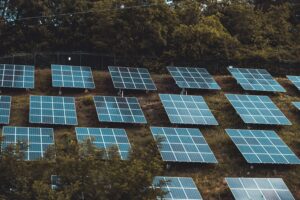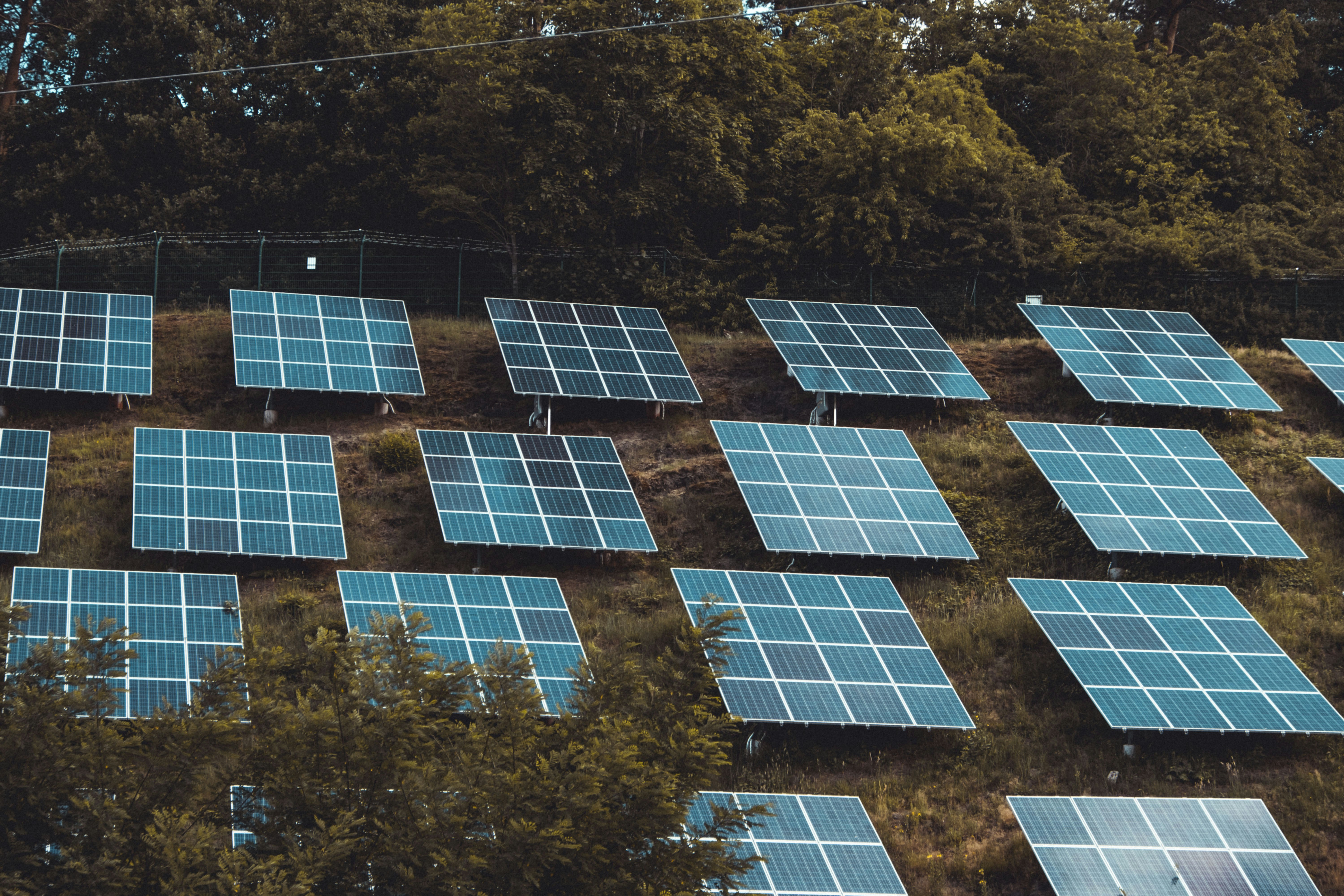Join day by day information updates from CleanTechnica on e mail. Or comply with us on Google Information!
Photo voltaic cell innovators found out how you can harvest photo voltaic vitality in area and deploy it on satellites and area stations a few years in the past. Transferring all these clear kilowatts from area all the way down to earth is a problem of one other order. Nonetheless, the brand new photo voltaic applied sciences of at present can lay the groundwork for space-to-Earth transmission by chopping the price of supplies and deployment. With that in thoughts, let’s check out the US startup Solestial.
Solestial Is Prepping For A Area Photo voltaic Revolution, Self-Repairing Version
Solestial cropped up on the CleanTechnica radar nearly precisely 12 months in the past, when the corporate earned a NASA contract of virtually $850,000 for a venture referred to as “Subsequent Technology Silicon Based mostly Photo voltaic Arrays for Area Stations and Different Everlasting Area Infrastructure.” The contract adopted earlier awards from NASA and the US Air Pressure, too.
The corporate, a derivative from Arizona State College, is understood for specializing in extraordinarily skinny silicon photo voltaic cells below its earlier title, Regher Photo voltaic. The skinny profile of the photo voltaic cells suggests fragility, however Solestial has demonstrated that its know-how has the other impact, enabling the photo voltaic cell to keep away from injury from high-energy protons in area.
“These dangerous particles are a giant drawback for satellites in area, notably in a area of area often known as the Van Allen belts, which lure radiation from photo voltaic wind and different cosmic rays,” Arizona State College explains.
The corporate’s co-founder, Stanislau Herasimenka, emphasizes that its photo voltaic cells can restore themselves. “[In] a skinny cell, electrons generated by mild don’t should journey as far to be extracted and even when area radiation creates a defect in a photo voltaic cell, electrons can have a lot much less probability to recombine by this defect, thus growing end-of-life effectivity of a photo voltaic cell,” Herasimenka instructed the Arizona Know-how Council, in an interview revealed earlier than Regher rebranded to Solestial in 2022.
In the event you caught that factor about “Area Stations and Different Everlasting Area Infrastructure” within the title of Solesital’s NASA contract, that signifies beaming area photo voltaic all the way down to Earth shouldn’t be within the playing cards for Soelesital — but. Nevertheless, a touch was dropped final 12 months when Solestial connected with one other US agency, Opterus R&D, with the goal of deploying its versatile skinny movie know-how in a brand new “rollout” system.
A rollout system is a comparatively light-weight, cheap technique of unfurling large photo voltaic arrays in outer area. Mixed with the falling price of rocket launches and a drop in the price of photo voltaic know-how, cost-efficient rollout programs are one other stepping stone to area photo voltaic arrays that join with customers on Earth (see tons more room photo voltaic background right here).
Subsequent Steps For Area Photo voltaic
So, how shut is Solestial to fixing the area photo voltaic problem? Even when they don’t find yourself beaming area photo voltaic all the way down to Earth anytime quickly, the marketplace for area photo voltaic in area is ripening quick. Satellites are popping up like mushrooms after a rain, loaded with 21st-century know-how that calls for extra vitality than satellites of the previous. As well as, a brand new area station is within the works to switch the prevailing ISS, scheduled for de-orbit round 2030. Numerous nations are racing to stake out turf on the Moon as effectively.
With that in thoughts, final August, Solestial inked a cope with the world-leading photo voltaic cell innovator and producer Meyer Burger Know-how, which not too long ago opened a facility in Solestial’s dwelling state of Arizona. As described by Solestial, the strategic partnership will “revolutionize area solar energy by enabling Solestial to ship ultra-thin, dependable, radiation-hardened cells and modules at unprecedented scale.”
“By combining Meyer Burger’s superior silicon heterojunction know-how with proprietary defect engineering and metallization processes Solestial’s photo voltaic cells provide the effectivity, and reliability required to fulfill the stringent calls for of in orbit operations,” Solestial elaborates, noting that the automated manufacturing course of cuts the price of producing its photo voltaic know-how by 90% in comparison with III-V photo voltaic cells.
Scaling Area Photo voltaic Up: The Issue Issue
For these of you new to the subject, III-V photo voltaic cells are fabricated with components from columns III and V of the Periodic Desk of Components. They’re far costlier than silicon photo voltaic cells. Nevertheless, for area of interest functions by which price is not any object, III-V know-how can present for superior photo voltaic conversion effectivity, which explains their use in navy purposes in addition to outer area.
Solestial goals to blow that up by providing an alternate product at a aggressive worth, helped alongside by the brand new scaleup-focused partnership with Meyer Burger. Solestial goals to ramp up its operations to greater than 1 megawatt per 12 months by the center of 2025, with the help from Meyer Burger.
The 1-megawatt determine is critical as a result of, in keeping with Solestial, it’s similar to the whole world capability of III-V photo voltaic manufacturing at present.
Subsequent Steps For Solestial
Additionally below the class of chopping prices, on October 31 Solestial introduced a brand new partnership with the manufacturing software program agency Manufacturo.
“Solestial is creating radiation-hardened silicon photo voltaic know-how engineered for the distinctive challenges of area, providing long-lasting, environment friendly, and low mass options to energy satellites, near-Earth infrastructure, space-based solar energy, and extra,” Solestial stated of itself.
In case you have some ideas concerning the purposes that would fall below the “and extra” class, drop a word within the remark thread.
In the meantime, Solestial expects the partnership with Manufacturo to pump up the effectivity of its manufacturing course of. “Manufacturo can rapidly adapt to larger manufacturing volumes whereas guaranteeing cost-effective and streamlined processes,” Solestial notes. The agency makes a speciality of scheduling, supplies administration, and useful resource allocation below tight deadlines.
High quality management is one other key characteristic of the brand new relationship. “With energetic controls, express traceability, and excessive built-in visibility of high quality workflows, the software program answer ensures that each solar energy module Solestial produces meets the rigorous requirements required for area purposes,”Solestial explains.
“This collaborative partnership will assist us meet the rising demand for our know-how whereas sustaining the very best requirements of high quality and effectivity as we glance towards the way forward for area vitality,” emphasizes Diana Aponte, the corporate’s Head of Product.
As for progress on space-to-Earth transmission, keep watch over SSPIDR (Area Photo voltaic Energy Incremental Demonstrations and Analysis Undertaking), a venture of the US Air Pressure Analysis Laboratory in cooperation with Northrup Grumman and different companions. Constructing on work pioneered by analysis groups at CalTech, SSPIDR demonstrated space-to-Earth transmission for the primary time final 12 months. The US Area Pressure has additionally gotten into the act, so keep tuned for extra on that.
Observe me by way of LinkTree, or @tinamcasey on Threads, LinkedIn, and Bluesky.
Picture (cropped): The US startup Solestial is banking on cost-cutting, ultra-thin, self-reparing silicon photo voltaic know-how for an edge within the purple sizzling area photo voltaic race (courtesy of Solestial).

Chip in just a few {dollars} a month to assist assist unbiased cleantech protection that helps to speed up the cleantech revolution!
Have a tip for CleanTechnica? Wish to promote? Wish to counsel a visitor for our CleanTech Discuss podcast? Contact us right here.
Join our day by day publication for 15 new cleantech tales a day. Or join our weekly one if day by day is just too frequent.
Commercial
CleanTechnica makes use of affiliate hyperlinks. See our coverage right here.
CleanTechnica’s Remark Coverage




